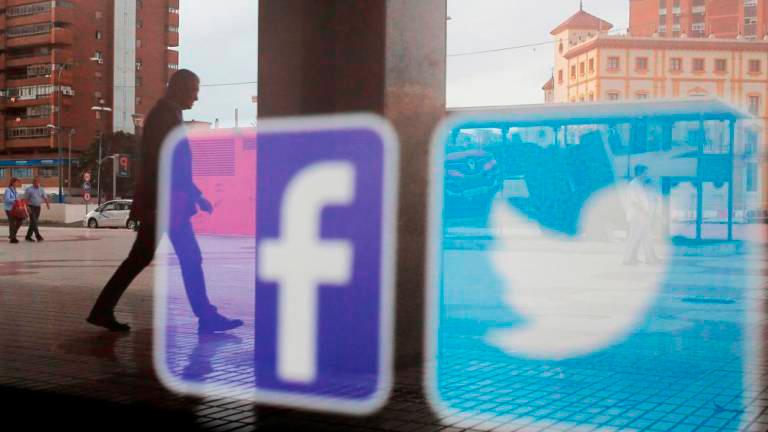PETALING JAYA: Parody has evolved from being a mere nuisance to being damaging, and the general consensus is that purveyors should be dealt with severely.
A parody social media account, commonly uploaded on digital platforms such as Facebook and Twitter, uses names, brands or logos similar to well-known accounts of organisations, celebrities and well-known personalities with the intention of insulting, mocking or spreading false news.
Communications experts and human rights advocates believe that stricter laws should be applied to bring offenders to book.
Lately, several parodies have emerged in the digital realm in Malaysia, and some have begun to irk not just those directly affected but the authorities as well.
For instance, a recent parody twisted a report by Bernama, the national news agency, into a crude statement.
Shyamala Ratha Krishnan, a lecturer at the Faculty of Communication, Visual Arts and Computing at Universiti Selangor, said parody accounts usually spring up when people become dissatisfied.
“In the case of Bernama, the purveyors believed that the news agency was taking sides so they wanted to provide a counter argument but they did it in a creative way to show their dissatisfaction,” she told theSun.
She advised those who post comments on parodies to evaluate their impact on readers and be aware of the laws they could possibly be transgressing.
For instance, Shyamala pointed out, the @MyJakim parody was found to have spread messages insulting Islam. “This can confuse people because the posts do not come from people qualified to proffer religious views. There should be stricter laws to deal with this.
“Misleading information on affairs of faith may stir religious sentiments and this is clearly unethical.
“It also affects the credibility or tarnishes the reputation of the official account holders,” she added. The @MyJakim parody account has been suspended by Twitter.
Jerald Joseph, a commissioner at the Human Rights Commission of Malaysia, said that while human rights and freedom of speech are important, “there is also a line that separates what is acceptable and what is not.
“It depends on the intention of the account holder of the parody. If it is to simply criticise the official agency, it is freedom of speech. But, if it is done to manipulate opinions and spread false messages, obviously the line has been crossed.”
He believes the affected party can fight back by debunking the fake messages or accounts that have been published or make it loud and clear that such accounts are not official.
“The people should also play their part by checking the facts before spreading them, and to hold fake account holders accountable.”
Malaysian Communications and Multimedia Commission chairman Dr Fadhlullah Suhaimi Abdul Malek recently stated that agencies or individuals affected by parody or fake accounts can take civil action against account holders.
“It is the right of the parties to take legal action and there also are other laws in the country that can be applied to deal with those who misuse technology.
“There is freedom of speech, but not freedom to lie. Followers might not be aware and it is also confusing the public,” Fadhulullah added.














